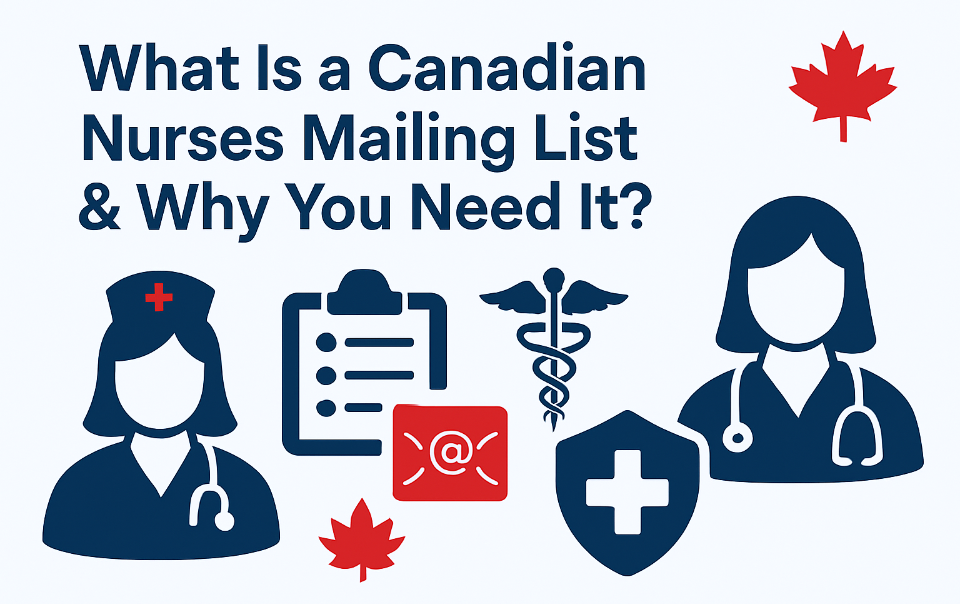

Database marketing is a form of direct marketing that uses databases of potential customers or customers to build customized communication for marketing and brand promotion. Using statistical techniques, marketers develop customer behavior models so that they can target communications to specific customers.

Due to this fact, database marketers tend to use a lot of data warehouses, since larger amounts of data about customers can be used to build an accurate model. There is a concern regarding privacy laws and data security when huge quantities of data are used from warehouses. A marketing database can be either consumer or business-oriented.
This brings us to the question – How to ensure data security during database management?
In this article, we will explain the complexities of database security in database marketing. We will also highlight some best practices and policies to protect the confidentiality, integrity, and availability of the data that you use.
Data protection is more under the marketers’ control than they realize. Email addresses, for example, are pieces of customer data that must be protected. When it comes to marketers, there are two sides to data security.
As a general term, database security refers to tools, controls, and measures designed to protect the confidentiality, integrity, and availability of data.

You can keep a client’s database by avoiding data breaches of any sort. Some of the best practices to ensure that the data in your CRM database is secure –

1. Physical security: Ensuring that your offline data is secured in a closed environment and has limited access.

2. Administrative control: By limiting access to the database, and restricting permissions. Likewise, limiting network access to the minimum level of permissions only.

3. Device security: Always record sessions of the one who is accessing the database and using it. Monitor data to ensure that it’s being used properly without any risks. Users who need a machine to house the company’s database must be given physical (or digital) access only to their own devices. Furthermore, they must be subject to security controls at all times.

4. Data encryption: Encryption is important if you want to stay safe on the internet. It’s best to use the most advanced encryption methods available. Treat your encryption keys with care & stay with industry-wide best practices.

5. Update: Being on the latest version of your software and patching with in-built updates as soon as they become available will keep you safe from any malicious attacks.

6. Application security: Application security is an important aspect of the hack-prone enterprise world. You should always consider any interaction with your database and treat it accordingly.
It is important for organizations to maintain a strict data security policy and adhere to it, as non-compliance can lead to severe damage. A comprised intellectual property of the company can make it hard for the business to maintain a competitive edge in the market. Also, it can damage the reputation and lead to penalties or fines for non-compliance.
By now we have learned the ways a marketer can keep the existing data in a company’s database safe and secure. However, companies must also be aware of the processes how one can use data that is safe and policy-compliant for the purpose of marketing.
Let us see how a marketer can ensure that the data that he/she uses for marketing is secure and malware free.

1. Credible sourcing – Every data provider has a fixed set of data sources from where they source the data. As a buyer, you must be aware of these sources and the processes used to collect the database.
2. Data verification – The amount of data generated is growing at a super-fast rate. And old data disintegrated at the same rate. Do you know that poor data quality costs the US economy up to $3.1 trillion yearly? This shows that the process of data sourcing and verification along with the process of update is equally important for data security.
3. Data update – As mentioned in the previous point, data gets stale at an alarming rate. The process of data update must be periodic and systematic so as to keep the inputs fresh.
4. Compliance with data policies – Adherence to and compliance with data policies is one of the most important tors to consider while checking the security of data brought from any provider. Some of the most common and universally acclaimed policies to note are GDPR, CAN-SPAM, ANTI CAM SPAM, CCPA, etc. According to these laws, any data sourced and used by third parties for the purpose of marketing needs to be verified and kept secure.
5. Opt-in – Not many database providers follow the process of opt-in a detail before adding it to a prospective database. Optin is a process used to describe when specific actions need to be taken in order for someone to join a particular list. This ensures that the information added to the list is valid, and are willing to receive marketing messages. This is a vital step to reduce spam count and increase CTR of email campaigns, primarily.
ProDataLabs is a B2B database provider which provides contact and company information of executives from 50+ industry sectors. To maintain the security of the data, we at ProDataLabs ensure that the data is sourced from credible sources.
Every processing, right from sourcing to verification to update is done manually, with help from a patented AI tool. Every data collected is opted-in, which means people give permission to be added as subscribers to the database for the purpose of marketing and promotion.
With such adherence to data policies for security and safety concerns, marketers can be sure that the spam rate gets reduced. Our committed ensures your targets are willing to hear from you and opt to get promotional messages from you as their future provider of healthcare products and services.
We also offer services like data validation and other verification platforms, which enable users to clean their existing data. While doing so, the data is updated with the latest inputs to make it more responsive and campaign-ready.
ProDataLabs has been successful in transforming the business functioning of 50+ companies in a span of 6 years. Entrepreneurs, sales heads, and marketers from varied industry sectors used the database to expand their market, target premium audience or penetrate a niche market.
If you are looking for any assistance, feel free to reach us on our socials or via call or email.
Sign-up today for the latest updates on B2B database marketing